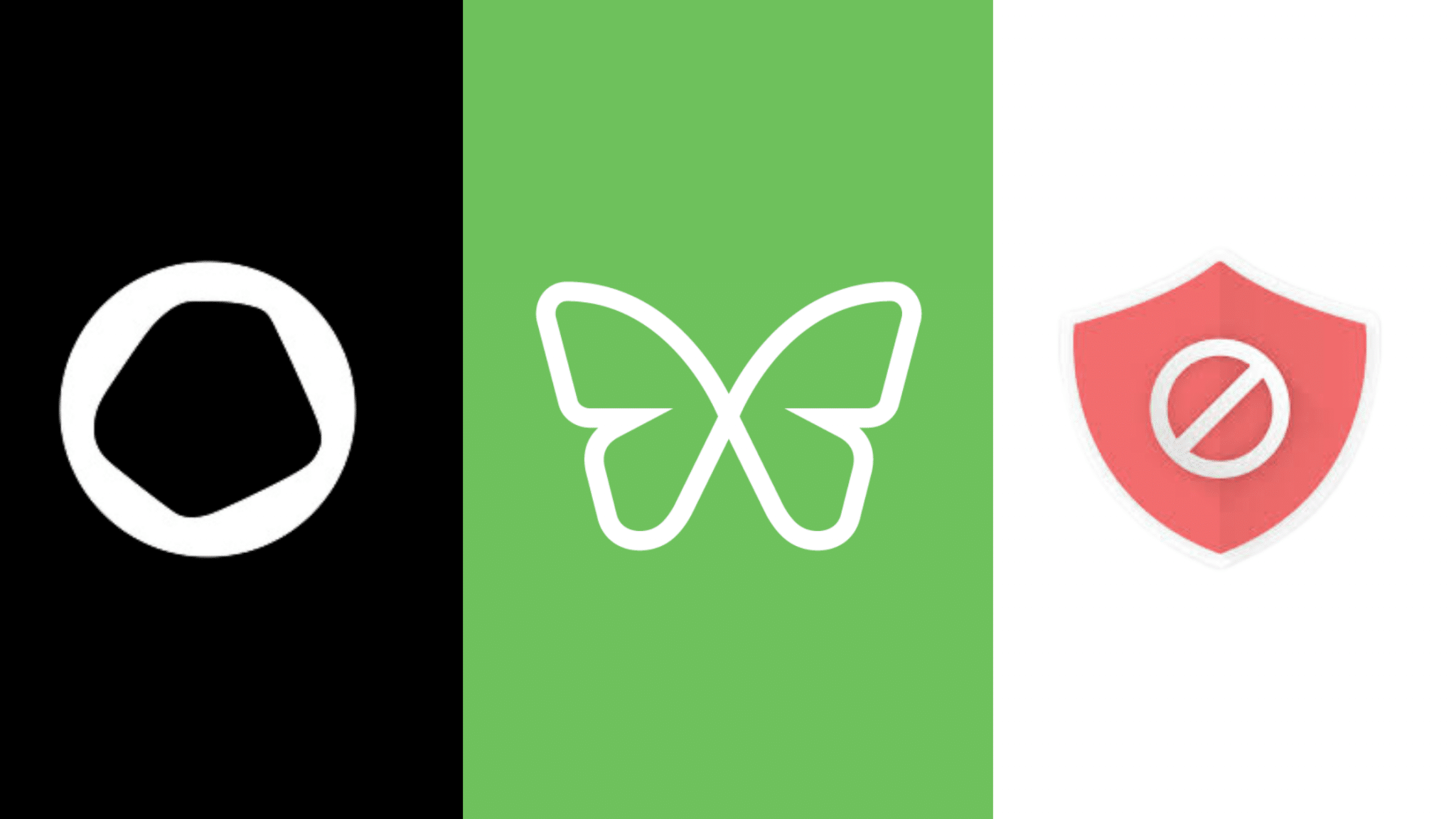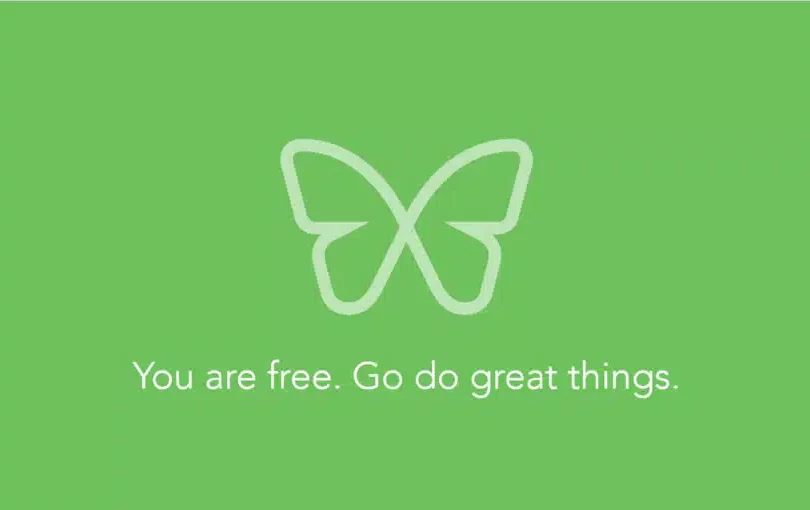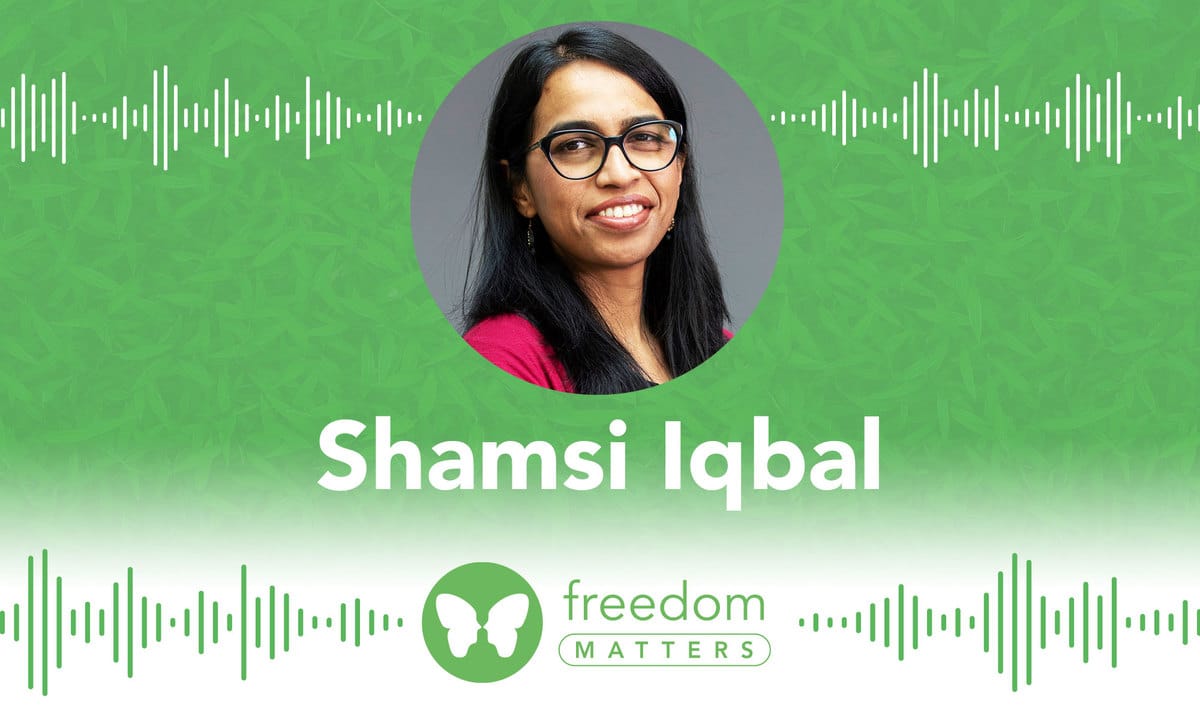Freedom Matters: Technology & Self

A summary of our Technology & Self series
“What kind of person will this technology make of me?”
Michael Sacasas
Over the past few months on the Freedom Matters podcast, we have explored the relationship between technology and ourselves. We’ve looked at how technology is having a fundamental impact on what it means to be human. The tools we use are changing the way we love, learn, rest, and connect. They change the way that our bodies exist in our physical surroundings, and how our minds navigate the world.
Our guests agree that it will pay for us all to be more cognizant of the role that technology is having in our lives.
But what have we learned? And what questions can we start to ask to ensure that technology is shaping us in the way that we want it to?

Technology does not have the answers to the big questions about ourselves. Only we can work them out.
Krista Tippet has dedicated her life’s work to understanding what it means to be human. At the heart of everything that she has discovered, are excellent questions.
Technology is changing the nature of questions. In our desperate search for answers, technology provides an immediate fix, but rarely the full story. Krista argues that to fully understand what it means to be human, we have to appreciate that some questions simply cannot be answered, and by living through the questions we will come to know ourselves better.
Next time you reach for your phone, ask yourself, what am I searching for?
And will I really find it here?

We have a right to keep our thoughts private.
When technology starts to read our minds, it has stretched too far.
Susie Alegre is a world-renowned human rights lawyer and spoke with us about the fundamental right to Freedom of Thought. Being able to think what we like, and to keep those thoughts private, is important because it allows us to think dreadful, dreamy, or off-the-wall thoughts, and then choose whether or not to speak or act on them.
Surveillance capitalism puts this right in jeopardy. By second-guessing our thoughts and intentions, technology can classify us in ways that a passing stranger could never. It means we can be pre-selected as potential criminals, as not worthy of insurance, or as a future health risk. The privacy of our thoughts and beliefs is at risk.
Are you comfortable sharing your inner thoughts with advertising platforms?
Check your privacy settings.
Download tools like Magic Sauce,
Privacy International’s AdversaryBot,
and switch to a browser like Brave.

All tools change the way in which we experience the world.
It pays to be eyes-wide-open to how the technologies we use alter how we live our lives.
How we exist in the physical world is fundamental to what it is to be human. All tools change how our bodies navigate the world. Take a table, for example, which brings people together to eat and collaborate. Or a smartphone, the swiss army knife of today’s technology, keeping us on time, connected, and informed. Its presence turns our view of the world into a series of potential photos, limitless possibilities, and constant stimulation. But is that what we really want?
Michael Sacasas has a forthcoming book of 41 questions we should ask about technology. But let’s start with two of his favorites:
What habits does technology inculcate in me?
How does technology mediate my perception of the other?

Mindfulness can provide the space for physical recovery from the psychological load of technology
The connection between body and mind is a theme that was touched on by a number of our guests in this series, but no more so than by Jillian Horton, who was able to recover from burnout with the help of mindfulness.
A doctor herself, she talks eloquently about the power of mindfulness to heal our bodies and our minds, so that we can move from a life where we are coping to one where we are thriving.
Are you coping or thriving?
When did you last stop to think about your breath?

Attention is the greatest gift that we can share with others
Casey Swartz, author of Attention – A Love Story, has been on a life-long journey to understand attention and its importance in her life.
Addicted to Adderall for over a decade, her life was defined by moments of hyper-focus, which deprived her of a wider view of the world. When she was able to break free of the drug, she emerged into a world where smartphones were vying for attention.
Our conversation and her book, trace the lessons from many of history’s leading philosophers, and what they came to understand as attention. For Casey, the definition that stands out is from Simone Weil who said “attention is the rarest and purest form of generosity”.
Do you agree with Simone’s definition? What does attention mean to you?

Motivation that comes from within is the only way to sustain us in the long-run
Technology, whilst a tool, provides us with a portal to the whole world, bringing with it a lens of comparison and consumer culture. It is no wonder then, that many of us get caught up chasing the external motivators of money and status.
Leadership expert Sharath Jeevan explained that instead, we need to turn to the intrinsic motivators in our life – autonomy, mastery, and purpose. These are the things that will propel us to a future that we want to live in, rather than one that is governed by the treadmill of our times.


